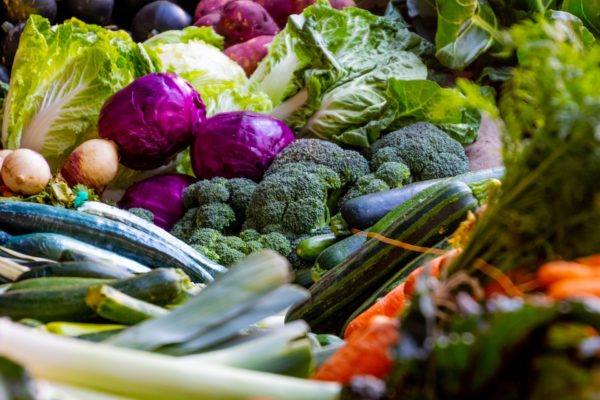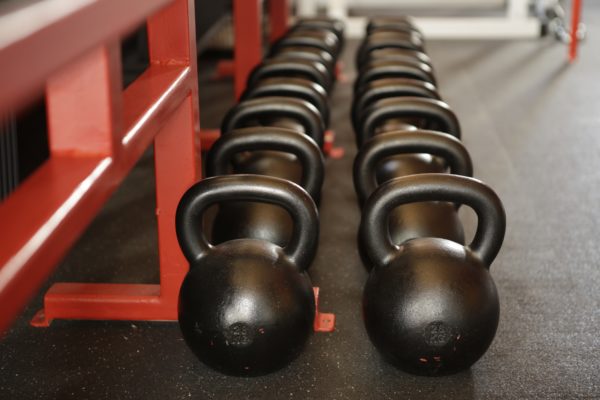UCSF physician, neuroendocrinologist and board member for the Institute of Responsible Nutrition, Dr. Robert Lustig is quoted as saying, “No one can exert cognitive inhibition, willpower, over a biochemical drive that goes on every minute, of every day, of every year.” (1)
He was referring to the powerful changes that sugar and other junk foods have on our biochemistry. The influence of sugar is undeniable. We want it, we crave it, and we seek it out. The CDC estimates that over 20 million of us have diabetes with millions more undiagnosed or prediabetic (2). So, why do we continue to eat sugar when the research is so clear regarding the health issues associated with over consumption?
It’s not our fault, but it is our brain’s…
In part, sugar activates a very old reward system in the brain. When we consume sugar, whether it be in chocolate, honey, fruit, cereal, yogurt or pasta sauces, our brain releases dopamine. A powerful and important neurotransmitter, with a wide range of functions, including movement, sleep, memory, mood, attention and learning. Once released, Dopamine down regulates the reward center of the brain known as the nucleus accumbens, producing feelings of pleasure (1,5). For the abusers of cocaine, methamphetamine, and nicotine; dopamine is one of the driving biochemical forces of addiction. As we chronically provide stimulation to this reward center, we develop tolerance. Tolerance leads to less dopamine receptors, requiring more stimulus to achieve the same feelings of pleasure. In the case of sugar, this leads us to search out the sugary and calorie rich food that we all know should be avoided. If the stimulus (sugar) is removed, we experience withdrawal. (1). This meets the criteria for addiction.
Why does sugar have such a powerful effect on the human brain?
Prior to the Neolithic revolution, nomadic man was a hunter/gatherer. In a world where any food was precious, sweet foods were seen as a rare windfall of energy. (It should be noted that many Paleolithic fruits were no sweeter than the modern carrot) (3). When in season, fruits provided the energy and fat stores needed to thrive. Our ancestors would not have survived the winter if they did not have the biochemical drive to seek out sugar rich foods. Any trait that promoted sugar consumption was an evolutionary advantage. Thus, our brains adapted. With most fruits being seasonal and honey being the sweetest thing on the planet, sugar addiction was impossible.
Enter the health crisis of the modern world: Overconsumption of sugar. The more sugar we eat, the more we crave. Sugar has made its way into every one of our meals. Whether it be sweet breakfast granola, rice, pasta, yogurt, tomato sauce or salad dressings, sugar has taken over. Analyzing the food trends over the last 30 years supports this. The average adult’s sugar consumption from food has increased from 119 sugar calories per day to 144, and 109 sugar calories to 164 in drinks. Despite falling soda sales, the U.S. still ranks #1 in the world for sugary drink consumption. The increasing incidence of diabetes and heart disease suggests that the U.S. needs to go to rehab for our sugar addiction. (4)
The American Psychiatric Association requires addiction to contain bingeing, withdrawal and cravings (5). Next time you decide to have a sweet snack, consider if you have a psychological dependence on sugar.
Resources:
(1) https://authoritynutrition.com/how-sugar-makes-you-addicted/
(2) https://www.cdc.gov/diabetes/statistics/prev/national/figpersons.htm
(3) http://www.businessinsider.com/evolutionary-reason-we-love-sugar-2014-4
(4) http://www.vox.com/2016/8/31/12368246/charts-explain-obesity
(5) https://www.psychologytoday.com/basics/dopamine
About the Author:
Jarrott Mayfield received a Master’s degree in exercise physiology from San Diego State University in 2012 where he became a certified ACSM Health Fitness Specialist. Prior to BaySport, Jarrott spent time working as an exercise physiologist with UC San Francisco Human Performance Center and the Department of Warfighter Performance with the Naval Health Research Center. Weekends and nights are spent getting outdoors to hike and play basketball.



